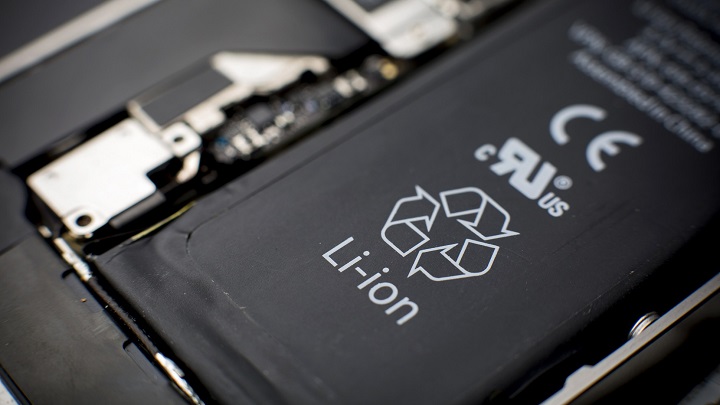Easier Access to Batteries in EU Mobile Devices - Legislation Proposal Leaked
Danish website Het Financieele Dagblad posted a leak concerning a proposal for a European Parliament law that would make it easier for mobile users to access batteries. According to the information, we will officially hear about it for the first time in mid-March.
- The Danish website Het Financieele Dagblad has reached a proposal for a law to make it easier for users of mobile devices in Europe to access batteries;
- According to the leak, we'll officially hear about it for the first time in mid-March.
At the end of January, this year, information appeared that the European Parliament voted a resolution on universal charger for all mobile devices available on the market. At the moment it is not clear which port is to be considered universal, but a standard proposal will be presented within the next five months. However, recent leaks indicate that similar changes may also occur in the future with regard to access to batteries in mobile devices.

The Danish website Het Financieele Dagblad (via Techradar) reported that its editors had reached European Parliament documents, which contained a proposal for a law that would give every user of a mobile device in Europe easy access to its battery (i.e., for example, they could replace it by themselves). Thus, any company that would like to sell its product on the European market would have to make this possible for its customers. According to the leak, we will officially hear about the new law for the first time in mid-March.
Such a solution would undoubtedly be a great help for many. However, it should be remembered that if the leak actually turns out to be true, we will have to wait a long time anyway to see the battery access standard introduced. It is not even known whether such a law would be voted on by the European Parliament.
- PS Plus Extra and Premium for January 2026. 9 games in total, there are some hits
- GTA 7 or RDR 3 already in development? „I would be shocked” - Ex GTA 5 creator reveals what's most likely happening now at Rockstar studios
- Forza Horizon 6 with early paid access for wealthier players. Insider confirms release details
0

Author: Paul Wozniak
Part of the editorial team since 2019, he started as a news writer and now works mostly on video content. Currently, he is mainly interested in RPG, soulslike and metroidvania games, but he has also devoted a large part of his gaming life to multiplayer. In games, he mainly values complex character development mechanics and freedom of action, and tries to look at the covered titles from different perspectives. He has also been running his YouTube channel since 2023.
Latest News
- Huge Marvel Adventures mod now with new superheroes, including Sentry
- Butcher's Summit, an impressive free diselpunk FPS, has been released
- Free FPS on Half Life engine gets big update
- On February 3, gaming history could change forever. Red Dead Redemption 2 one step away from a major achievement
- This is not the RPG you expected. Crimson Desert abandons the key elements of the genre, going for original solutions

